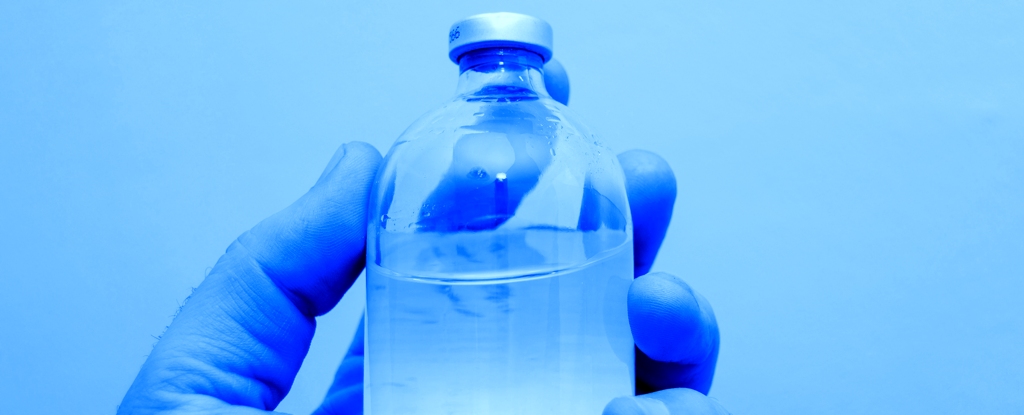The "dissociative anesthetic" ketamine looks ever more promising as a safe and effective treatment for intractable depression.
A new randomized trial from researchers in the United States has shown that injections of ketamine are at least as effective as electroconvulsive therapy (ECT) when treating non-psychotic forms of major depression.
After starting ECT or ketamine therapy, patients in the trial reported an almost immediate improvement in the quality of their lives. Side effects like nausea and poor memory were common for both treatments, albeit short-lived.
"Statistically, it was a robust finding showing that ketamine was non-inferior to ECT," says psychopharmacologist Sanjay Mathew from Baylor College of Medicine.
"This study can give clinicians and patients confidence that ketamine is a reasonable and safe alternative to ECT, at least for the short-term management of treatment-resistant, non-psychotic depression."
For nearly 80 years, ECT has remained the standard gold treatment for severe depression that doesn't respond to other drug treatments or therapies, making ketamine the first real contender ECT has faced.
Historically, ketamine has been used in clinical settings for sedation and pain relief because it lulls patients into a trance-like state of euphoria.
However, the psychoactive substance has also shown some remarkable mental health benefits in recent years.
Clinical studies have shown a low-dose infusion of ketamine administered over an hour or so can relieve symptoms of depression for weeks at a time. That's remarkable, given that many antidepressants take a month or so to kick in with less potent effects.
Initial trials on ketamine have been so promising that in 2019 the United States Food and Drug Administration approved a ketamine-based nasal spray for those with intractable depression and chronic suicidal thoughts.
Previous studies comparing ECT and ketamine have found each therapy safe and efficacious in treating resistant depression. But while some trials suggest ECT is "significantly superior" to ketamine when it comes to remission, other studies indicate ketamine retains 90 percent of the effect seen from ECT treatments.
The latest trial from the US comparing the two treatments used a larger sample size and only focused on non-psychotic forms of depression.
Interestingly, when researchers randomly split patients into two treatment groups, ECT or ketamine injections, those assigned to the ECT group dropped out at a higher rate.
That might have to do with the fact that ECT requires general anesthesia, whereas ketamine injections take about 40 minutes and can be administered while the patient is awake.
In the end, the trial saw 158 patients with resistant depression receive three weeks of ECT three times a week, and 180 patients receive three weeks of ketamine injections twice per week.
These patients were enrolled for the trial at multiple institutes along the east coast, including Yale University, Johns Hopkins, and Baylor College of Medicine.
Several days after the three-week treatment, patients filled out questionnaires on their mental health.
Treatment was considered a success when a patient's depression severity scores decreased by at least 50 percent from the start of the trial.
In the end, 55 percent of patients responded to ketamine treatments, while 41 percent responded to ECT treatments.
Moderate-to-severe side effects were slightly more common among the ECT group at a rate of just over 30 percent.
"ECT is often used for suicidal patients in the inpatient setting, so now we need to do a large-scale comparison of ketamine versus ECT for our most critically ill and suicidal patients," says Mathew.
Previous studies have shown ketamine can rapidly reduce suicidal thoughts in over two-thirds of patients, suggesting this new form of treatment could possibly save lives.
With so few options available to treat resistant forms of depression, we can't afford to ignore these leads.
The study was published in NEJM.
- Adenman
-

 1
1




Recommended Comments
There are no comments to display.
Join the conversation
You can post now and register later. If you have an account, sign in now to post with your account.
Note: Your post will require moderator approval before it will be visible.